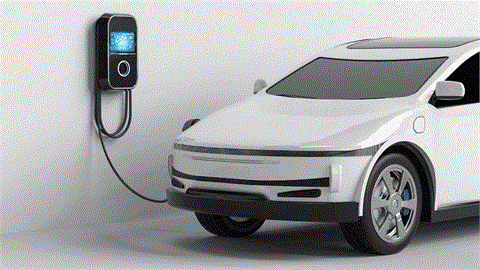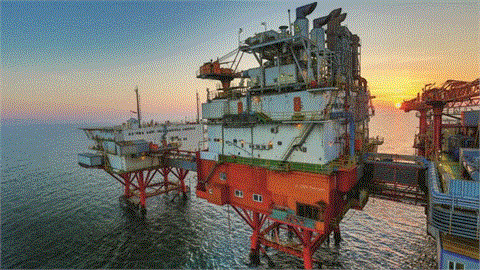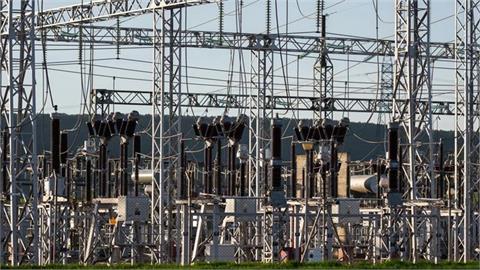The share of renewable energy in Germany's power mix increased by 36.3 percent in the first half of 2018, compared to 32.5 percent during the same period last year, according to figures released by German Association of Energy and Water Industries, BDEW on Tuesday.
According to initial estimates, renewables contributed almost 118 billion kilowatt-hours (kWh) to gross electricity generation, an increase of more than 10 percent over the same period of the previous year, BDEW said in a press release.
In the first half of 2017, 107 billion kWh of energy was generated from renewables. BDEW noted that the first half of the current year was the first time the share of renewables was higher than that of hard coal and lignite, which accounted for 35.1 percent.
According to the figures, onshore wind had the highest share among renewables with 14.7 percent, up from 12.5 percent during the same period last year.
Solar stood at 7.3 percent, up from 6.7 percent on an annual basis. Biomass was next with 7.1 percent, up from 6.9 percent, while offshore wind had a 2.9 percent share, compared to 2.7 percent in the first half of 2017.
In addition to coal, natural gas also recorded a decline, falling to 40 billion kWh from 44 million kWh while its share decreased to 12.3 percent from 13.5 percent on an annual basis.
Nuclear power supplied around 37 billion kWh of electricity in the first half of the year, with its share rising to 11.3 percent from 10.2 percent in the first half of last year.
BDEW Chairman Stefan Kapferer said these figures represented "impressive" proof that the market-driven, gradual phasing out of coal-fired power generation was "already in full swing".
"What is more urgent than ever, however, is an acceleration of grid expansion in order to integrate renewables into the energy system," he added. Germany has set a target to cut greenhouse gas emissions by 40 percent by 2020 compared to 1990 levels.
Anadolu Agency



